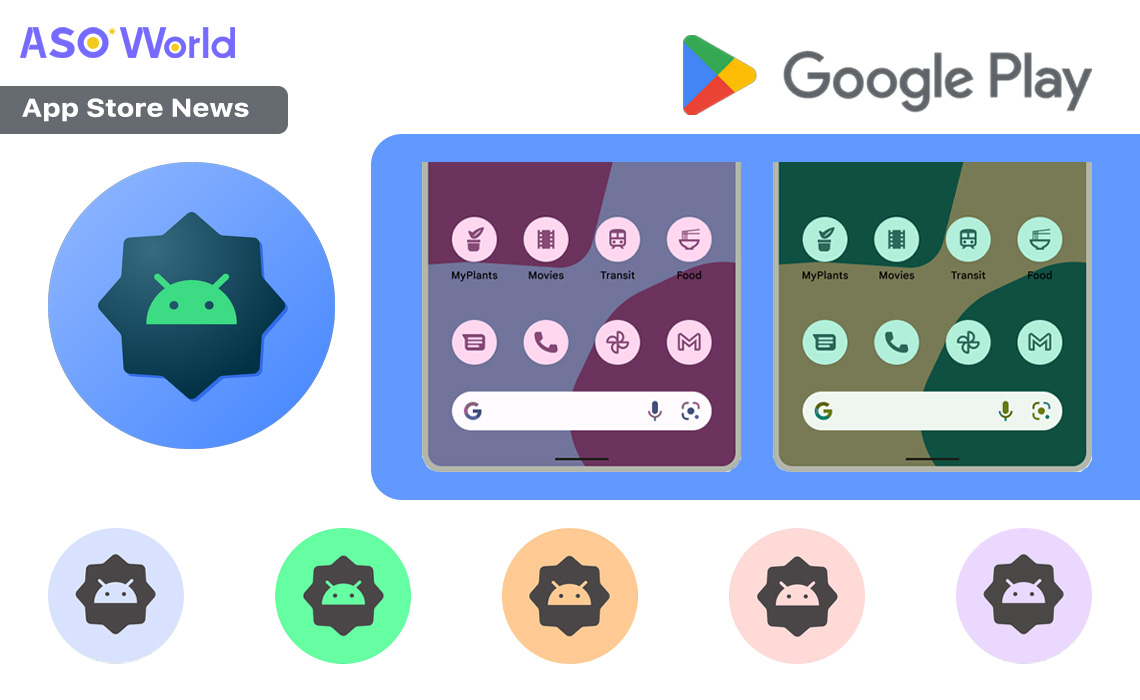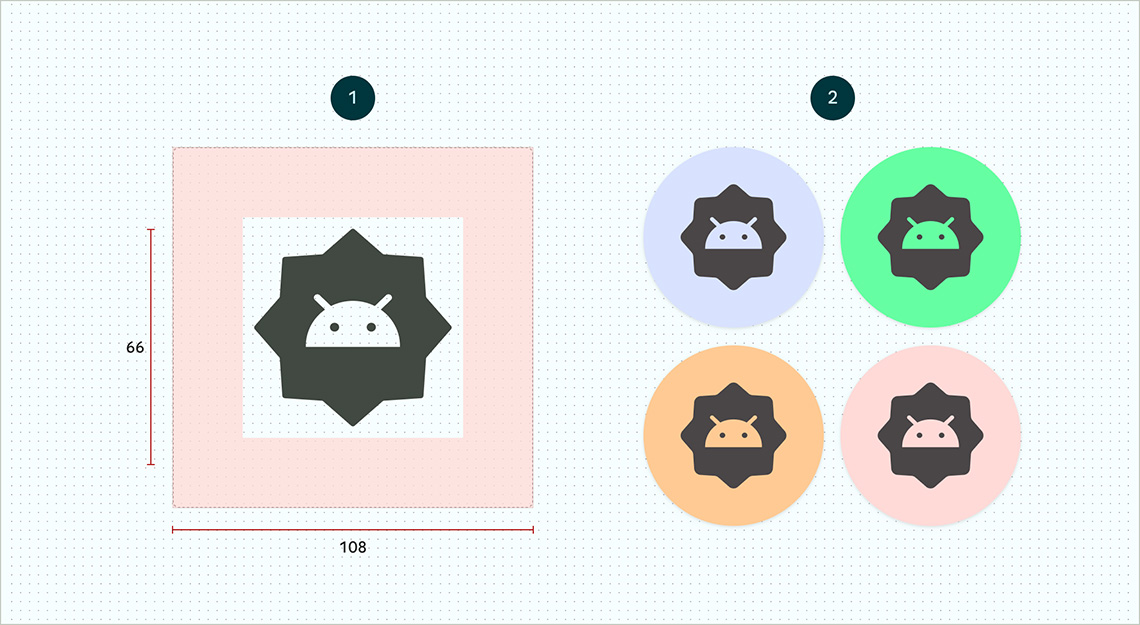





Google’s new Play Store policy mandates themed icons for Android apps by October 2025, aiming for a unified user experience but challenging developers.

Google has updated its Play Store policies, requiring all Android app developers to support themed icons by October 15, 2025, a move aimed at unifying the Android user experience but sparking debate among developers.
Introduced with Android 13 in 2022, themed icons are part of Google's Material You design language, allowing app icons to adapt their colors to match a user's system theme or wallpaper.
This feature creates a cohesive look on the home screen, addressing the visual inconsistency of traditional Android icons.
Initially optional, many developers opted out to preserve brand identity, leading to uneven adoption.
Android 16 QPR2 Beta 1, released in August 2025, introduced an automatic color-filtering algorithm to apply monochrome themes to non-compliant icons, setting the stage for Google's new mandate.
The updated Google Play Developer Distribution Agreement (DDA), effective immediately for new accounts and by October 15, 2025, for existing ones, mandates that developers grant users a nonexclusive, worldwide license to modify app icon colors or themes:
" 5.3 You grant to the user a nonexclusive, worldwide, and perpetual license to perform, modify color of, or add themes to, your Product icons, display (including with the color and theme modifications), and use the Product. "
This ensures legal protection for users who customize icons or share themed versions in screenshots.
Developers must provide monochrome icon assets compatible with Material You.

👉 Google Play Guide for Adaptive icons
If not provided, Android 16's algorithm will auto-generate themed icons, which may compromise visual quality.
The Play Console now prompts developers to confirm compliance, with non-compliant apps risking removal from the Play Store.
👉 How to Design a Powerful App Icon to Grab Customers' Attention?
Smaller developers face tight deadlines to update icons, particularly those with complex designs unsuited for monochrome rendering.
Concerns about brand dilution are prevalent, as auto-generated icons may distort intricate logos.
However, tools like Android Asset Studio and Figma templates simplify compliance, and the policy aligns apps with Google Play's promotional guidelines, potentially boosting visibility.
Users gain a more consistent home screen experience, with all icons adapting to their chosen theme.
The legal clarity provided by the DDA allows sharing of themed icons without fear of violating developer rights, enhancing personalization.
Developer reactions are mixed. Some Posts on Twitter (X) praise the policy for reducing opt-out inconsistencies, while others criticize Google's own apps for lacking uniformity.
The mandate mirrors Apple's iOS 18 approach, where themed icons are also mandatory, signaling a trend toward ecosystem standardization.
Some developers worry about creative constraints, but others see opportunities for enhanced app discoverability.

Google's push for themed icons reflects a strategic effort to elevate Android's visual coherence, catching up to iOS's polished ecosystem.
While the mandate benefits users, it places a burden on smaller developers, particularly those with limited resources to redesign assets.
The automatic theming algorithm is a pragmatic fallback but risks producing subpar visuals, which could frustrate developers prioritizing brand identity.
Looking ahead, this policy may drive more apps to alternative stores like Amazon's Appstore if compliance proves too restrictive.
However, by aligning with Material You, Google is fostering a modern, user-centric Android experience, likely influencing future design trends.
Get FREE Optimization Consultation
Let's Grow Your App & Get Massive Traffic!
All content, layout and frame code of all ASOWorld blog sections belong to the original content and technical team, all reproduction and references need to indicate the source and link in the obvious position, otherwise legal responsibility will be pursued.